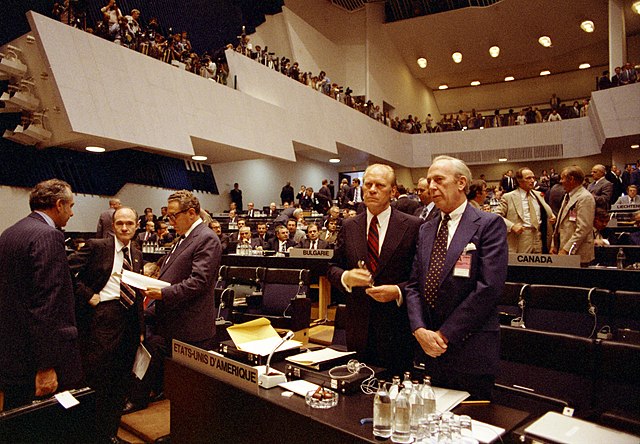The European single market, also known as the European internal market or the European common market, is the single market comprising mainly the 27 member states of the European Union (EU). With certain exceptions, it also comprises Iceland, Liechtenstein, Norway, and Switzerland. The single market seeks to guarantee the free movement of goods, capital, services, and people, known collectively as the "four freedoms". This is achieved through common rules and standards that all participating states are legally committed to follow.
In Schmidberger v Austria, protests blocked trucks for goods through the Austrian Alps on the Brenner Autobahn. The Court of Justice recognised fundamental rights take priority over free trade.
The Court of Justice in Centros Ltd held that people can establish a UK company or any other, to do business EU-wide, but must comply with proportionate requirements in the public interest, such as the basic labour right to a voice at work.
Diagram of the EU digital single market and the facilitation of public services across borders
In Angonese the Court of Justice gave "horizontal direct effect" to free movement, so a bank could not refuse employment to a worker who lacked a language certificate that could only be obtained in Bolzano.
The European Union (EU) is a supranational political and economic union of 27 member states that are located primarily in Europe. The Union has a total area of 4,233,255 km2 (1,634,469 sq mi) and an estimated total population of over 448 million. The EU has often been described as a sui generis political entity combining the characteristics of both a federation and a confederation.
Treaty of Paris (1951), establishing the ECSC
Signing ceremony of the Treaty of Rome (1957), establishing the ECC
Gerald Ford and the American delegation at the CSCE (1975)
Maastricht Treaty (1992), establishing the EU








